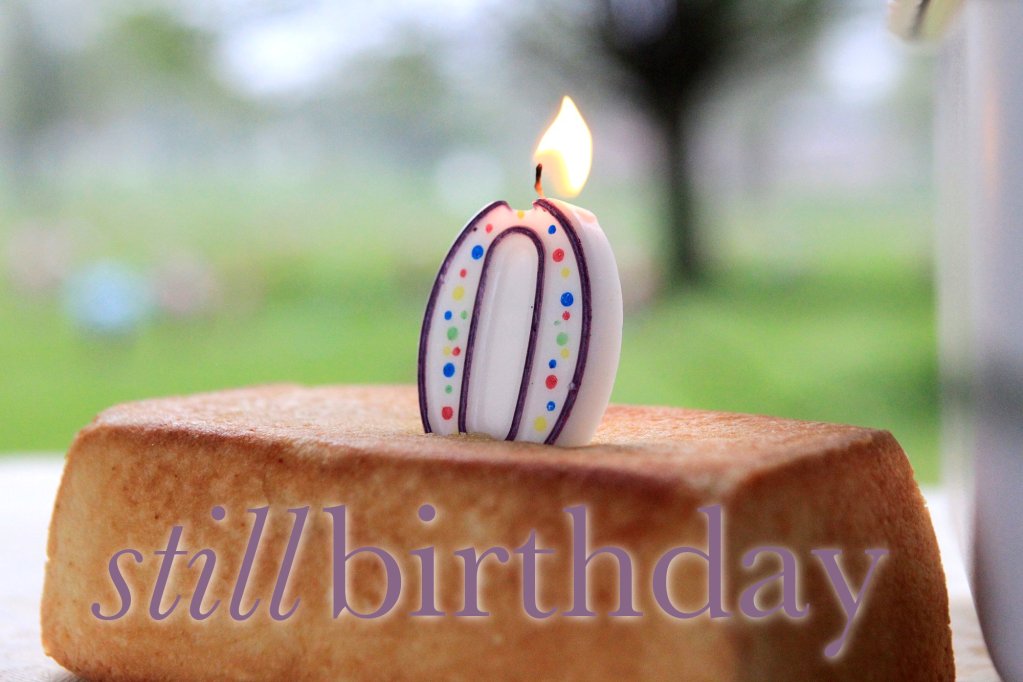The first part of this information is for unexpected stillbirth at home. Information regarding planned home stillbirth will appear at the end of this article.
If you are planning a homebirth with an expected live outcome, stillbirthday mothers who have done the same, and have endured unexpected homebirth loss urge you to consider:
- learning about the different kinds of midwives and understanding what their credentials, their services (ultrasounds and other prenatal care services), liability insurance, transport plan, relationship with local hospital staff, how they support you in unexpected crises, and their statistics mean.
- learning about yourself. Is homebirth a way to run from fears, or might it offer an opportunity of emotional victory? We have a birth pre-planning journal recommendation in our general subsequent birth planning information.
- learning about their stories. Some stillbirthday mothers who have endured unexpected homebirth loss have faced compounded feelings of betrayal or neglect from their care team who were ill-equipped to support their journey, and, there are stillbirthday mothers who have had profoundly and wonderfully supportive experiences, because their support team were lovingly prepared to support them well. With a midwife and care team who are knowledgeable about supporting during unexpected homebirth loss, the experience can have substantial healing that is actually unique to homebirth loss, and that a hospital experience would actually not be able to afford. In short, for better or worse, some of the aspects of the labor, birth, welcoming and farewell may be magnified by unexpected homebirth loss. Reading their stories in their own words can help you learn how. We also have a Homebirth Loss Awareness Day on December 19 just to raise awareness of these perspectives.
- Some of our SBD doulas are also midwives, and can serve to help answer any questions you may have about your birthing choices.
- learning about water birth as an option.
- learning about your subsequent birth planning in general.
Unexpected Home Stillbirth:
Check for a pulse in the baby’s umbilical cord. This is important to know.
After you call 911:
- unlock your doors
- remain with your baby (don’t waste time trying to cut the umbilical cord at this time if it is long enough for you to reach your baby and perform CPR) Neonatal Resuscitation with Cord
- attempt to perform CPR until the paramedics arrive. The 911 dispatcher who took your call will be able to walk you through it (and cutting the cord only if it’s necessary, and how to clamp and cut safely) over the phone. If your baby can reach your chest with cord intact, this is generally the safest option.
- here is a video of how to perform newborn CPR. The real information starts at about “40 seconds” into the video (so fast foward scroll to about that area):
How to give a newborn baby CPR
- When the paramedics arrive, they will attempt to do everything in their skill to save your baby’s life. You need to give them plenty of space to work.
- When the paramedics arrive, a police officer may arrive too, and may want to determine that you didn’t intentionally harm your baby. This may seem offensive, but it’s because they care about your precious baby too. Please stay as calm as you can to answer any questions you are asked.
- An SBD Chaplain in your area should arrive as well, if there is one available in your area, either with the paramedics or the police, because SBD Chaplains are uniquely qualified to mediate between any conflicting interpretations and can neutralize the potential for unnecessary blame or guilt that has been reported in similar situations without one.
- The paramedics may transport your baby to the hospital. You will likely be transported to the hospital too, for your own postpartum care (you just gave birth to a baby). You may or may not be transported together in the same ambulance.
- Our Provider Care has resources for paramedics, including tips for the birth and immediately postpartum.
- Loved ones need to know what is happening. Call them, or ask a paramedic to call them. If a loved one will meet you at the hospital, they will at some point need to go to your home to gather a few items for you (so that after you are discharged from the hospital, you will have them). Your nurse will tell you what you’ll need. At this point, you should learn more about hospital stillbirth information.
- Friends and family should visit the family/friends link to have a better understanding of how to offer you support at this time.
- Please visit the Farewell Celebrations section for support after the birth.
- Stillbirthday understands the unique grief experience that follows an unintended stillbirth at home, particularly in planned hombirth situations which result in stillbirth. Please know that these situations are unique, complex, not previously researched, and each situation involves a number of potential issues including real legal accountability, real innocence, real collusion, and real abnegation. Stillbirthday handles each of these situations as carefully as possible, and is a safe place for you to share your experiences, no matter what your feelings are. Please see our submission information to learn more.
Planned Home Birth with Fatal Diagnosis:
- This is a listing on its own because the time of death of your beloved baby may be unpredictable. May you find the practical/legal suggestions listed in the section below to be helpful to you.
- Also find our Extra Time Birth Plan for support ideas and suggestions.
Planned Home Stillbirth:
- Understand your local laws regarding home stillbirth. Different state laws also provide for different regulations regarding stillbirth at home, particularly if there is a chance for survival. If your state laws permit you to have a home stillbirth, also determine if you have legal permission for any unique plans you have, such as burying your baby at a private cemetary. Your local officials can help you navigate your legal decisions.
- Determine if homebirth will prevent life-saving or death-delaying medical support available from a hospital. If you know or even suspect that you may deliver a baby with a serious diagnosis but who also has even a slim chance of survival, you may decide to deliver your baby at a hospital, or discuss a transfer after birth with your midwife.
- Consider any medical concerns that may impact your own health, including possible hemorrhage, uterine rupture, and infection. Discuss these risks with your midwife and make a plan to manage these.
- Keep all diagnostic medical records from your pregnancy, including any ultrasound images that determine the demise of your baby. You will want to have these available at the birth, as your state laws may require you to present them to your local law enforcement official shortly after the delivery.
- Work ahead of time with the funeral home of your choice. Learn their policies. Do they require arriving at your home to transport your baby to their facility? Will they permit you to transport your baby to their facility? Is there a timeframe from the time of delivery in which this transportation needs to occur?
- Contact your local law enforcement officials at a responsible time after the birth, if this is included in your local laws (it likely is). They will need to see the diagnostic medical documentation that you’ve kept through your pregnancy, and ensure that you are safe. Please be respectful and comply with their questions.
- Your midwife will need to have the official paperwork to submit to your local Vital Statistics office, to submit a request for an official Certificate of Death (this step may or may not be particularly difficult in your state).
- To find ways of making your home stillbirth special, please consider viewing the hospital stillbirth plans as they may provide some support for you in your situation. Our birth education also has useful information.
- Please visit the Farewell Celebrations section for support after the birth.
Please also consider sharing your story of home stillbirth, and read the stories of home stillbirth from other mothers.











Leave a Comment